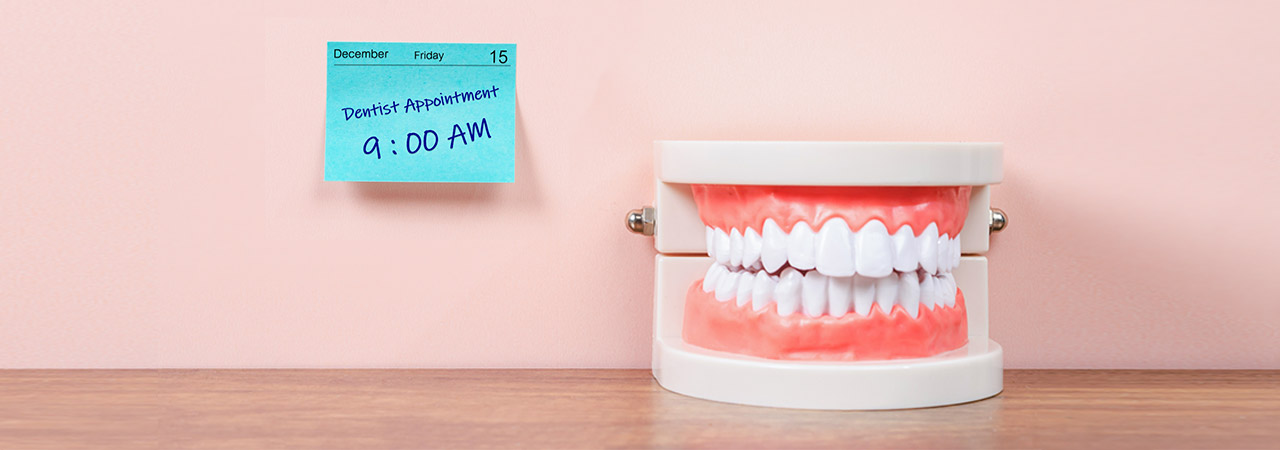How dental assistants keep patients coming back

Dental assistants have the ability to keep patients coming back to the dental office. Some might say it’s one of your superpowers! And there are numbers to back up these statements.
According to the DALE Foundation’s Value of Dental Assistants to the Dental Practice research results, 97% of dentists and dental office managers agreed that dental assistants contribute to patient retention, and 91% said dental assistants make it more likely that the patient will accept the dentist-recommended treatment plan.
Below, we outline three specific ways dental assistants help to retain patients.
You build trust with patients
Each day, dental assistants prioritize building trust with patients and making them feel comfortable. You do this by talking and listening to patients before, during and after the appointment. You answer patients’ questions, hear and validate their concerns, and empathize with their experiences. Sometimes, you’ll even hold their hand if they’re seeking comfort. Overall, dental assistants’ efforts can help patients agree to and feel good about pursuing the dentist-recommended treatment. With you by their side, patients often feel reassured everything will be OK.
“The best thing about being a dental assistant is creating a trusting relationship with an apprehensive patient — so that the next time they come in, they are all smiles and seemingly happy to be back,” shares Janaya G., CDA. “Dental assistants can change mindsets so that patients have a better experience at the dentist’s office.”
You make patients feel special
As dental assistants know, everybody in the dental office likes to feel appreciated and special. Dental patients are no exception.
Because you spend so much time talking and listening to patients, dental assistants are in the perfect position to be able to reassure patients they’re the dental team’s priority. We’ve heard that simply remembering little details about the patient, such as their children’s names, can reinforce to patients that they’re significant.
“People like to feel special, and they like knowing that you listen to them,” agrees Lara J., CDA. “They can tell this when you remember something they mentioned during their last appointment — maybe a vacation they were excited about taking, a new baby they were expecting, or a wedding they were planning to attend.”
You educate patients
Last, but certainly not least, dental assistants contribute to patient retention by serving as a resource for patients. In fact, dental assistants consider educating patients to be among the most important things they do.
Sharing information about oral healthcare and answering patients’ questions can benefit patients in many ways. For example, knowledgeable patients are more likely to feel less anxious about visiting the dental office and may be less likely to avoid it. Additionally, they are more likely to accept dentist-recommended treatment, practice good oral-hygiene habits at home, and return to the dental office for follow-up care.
Deborah S. agrees that sharing knowledge is power, and that dental assistants are well equipped for the task. “We must educate! We must help patients understand their oral healthcare situation, how to reverse bad habits, and why they may need that expensive treatment,” she says.
“We must take the time to educate with grace and encouragement,” adds Erica L.

